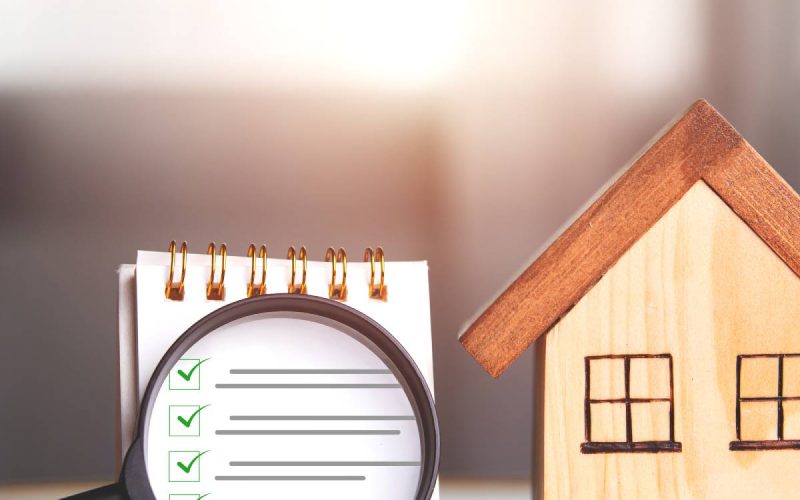Keeping your family, home, and neighbors safe is a responsibility that calls for practical skills and a proactive mindset. Here are some key skills everyone needs to protect their family and neighbors, from routine maintenance to emergency preparedness. Step up and safeguard your environment with the following strategies.
Master Basic Home Maintenance
A well-maintained home is a safe home. Make it a habit to regularly inspect key areas of your house.
Check for leaky pipes and roof damage, and ensure electrical outlets are in good condition. Learning to fix a dripping faucet or a broken lock saves money and prevents small problems from escalating into major hazards.
Investing time in understanding how your home functions, such as the wiring or plumbing, can also help you identify risks before they become emergencies. Take advantage of online tutorials or community workshops to build your knowledge base.
Brush Up on Fire Safety
Fire hazards are among the most serious threats to home safety. Equip yourself with fire extinguishers, smoke detectors, and carbon monoxide alarms, and keep them regularly tested and maintained.
Teach your family how to use an extinguisher and create an evacuation plan that everyone understands. Another great skill to develop is inspecting and cleaning your fireplace or space heaters.
Poorly maintained heating equipment is a leading cause of fires during colder seasons. You significantly reduce risks by ensuring these are in good working order.
Learn About Generators and Accessories
Beyond poorly maintained heating equipment, electrical overloads can cause dangerous fires. You can prevent electrical overloads and incidents with surge protectors that safeguard your generator and electrical appliances, and wiring.
Knowing how to choose the right surge protectors for your generators and equipment can help you enhance your devices’ safety and functionality. Since generators are helpful for keeping your home running during power outages, be sure to invest in a reliable model for emergencies.
Furthermore, consider taking the time to consult generator and electrical equipment professionals. They can guide you in understanding how to operate appliances safely and keep them from high voltage.
Develop Emergency Preparedness Skills
Everyone needs emergency response skills to protect their family and neighbors. Start by assembling a disaster readiness kit that includes water, non-perishable food, flashlights, batteries, a first-aid kit, and other essentials.
Also, consider familiarizing yourself with basic first aid and CPR. Many organizations offer courses and certification programs that teach you how to use these skills to respond to injuries or health emergencies until professional help arrives.
Additionally, make a habit of practicing emergency scenarios, such as evacuating during a fire or responding to a severe storm. The more familiar you are with these plans, the calmer and more effective you’ll be in real situations.
Offer Support to Your Community
Your skills can have an even broader impact if you extend them to your neighbors. Small acts of engagement can create a safer community for everyone, from helping them clear storm debris to checking their homes for potential hazards.
Organizing neighborhood safety initiatives or sharing resources is another way to contribute and lead by example. By sharpening practical skills and staying informed, you can play a central role in keeping your home, family, and community protected.

